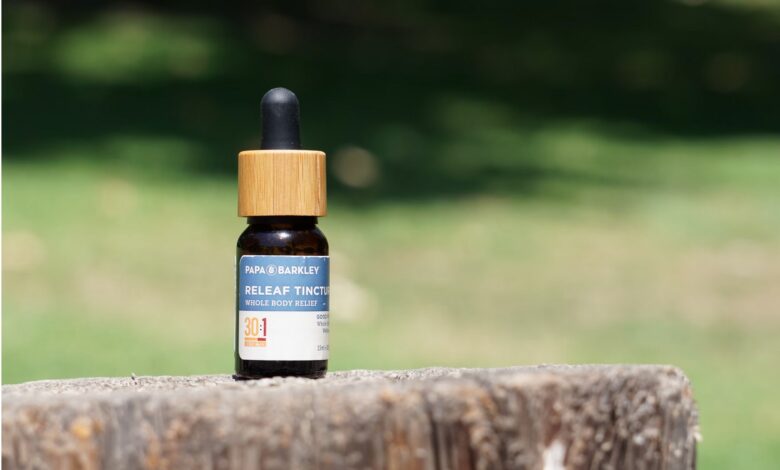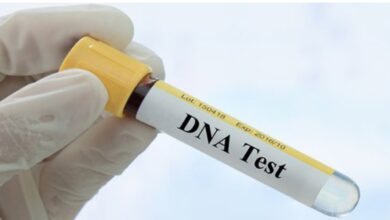
As interest in cannabidiol (CBD) continues to grow, so does the market for CBD oil. For beginners, navigating the world of CBD can be overwhelming due to the vast array of products available. With so many options, it’s essential to know what to look for when purchasing CBD oil to ensure you’re getting a high-quality product that meets your needs. This guide will walk you through the key factors to consider when buying CBD oil, helping you make an informed decision.
Understanding CBD Oil
CBD oil is a natural extract derived from the hemp plant, known for its potential therapeutic benefits. Unlike tetrahydrocannabinol (THC), the psychoactive compound in cannabis, CBD does not produce a “high.” Instead, it may offer various health benefits, such as reducing anxiety, alleviating pain, and promoting better sleep. With its growing popularity, CBD oil is now available in a wide range of products, from tinctures and capsules to edibles and topicals.
When shopping for CBD oil, it’s crucial to choose a reputable brand that offers high-quality products. For example, you can explore trusted options at cbdfx.com, where you’ll find a variety of CBD oils that meet stringent quality standards.
Key Factors to Consider When Buying CBD Oil
- Source of Hemp
The quality of CBD oil starts with the source of the hemp used in its production. Hemp is a bioaccumulator, meaning it absorbs everything from the soil in which it’s grown. This includes both beneficial nutrients and harmful contaminants like pesticides, heavy metals, and chemicals. Therefore, it’s essential to choose CBD oil made from organically grown hemp. Look for products sourced from hemp grown in the United States or Europe, where regulations ensure higher quality and safety standards.
- Extraction Method
The method used to extract CBD from the hemp plant plays a significant role in the final product’s quality. The most common and safest extraction method is CO2 extraction, which uses pressurized carbon dioxide to extract CBD without introducing harmful solvents. This method preserves the purity and potency of the CBD while minimizing the risk of contamination. Avoid products made using cheaper extraction methods, such as those involving butane or propane, as these can leave behind harmful residues.
- Type of CBD Oil
There are three main types of CBD oil: full-spectrum, broad-spectrum, and CBD isolate. Each type has different properties and benefits:
- Full-Spectrum CBD: Contains all the cannabinoids, terpenes, and other beneficial compounds found in the hemp plant, including trace amounts of THC (less than 0.3%). This type of CBD oil may offer the “entourage effect,” where all the compounds work together to enhance the overall therapeutic effects.
- Broad-Spectrum CBD: Similar to full-spectrum CBD but with the THC removed. This option is ideal for those who want to avoid THC but still benefit from the other cannabinoids and terpenes.
- CBD Isolate: Pure CBD with all other compounds removed. It’s a good choice for those who want to use CBD in its purest form or need to avoid THC altogether.
- Potency and Dosage
CBD oil is available in various potencies, typically measured in milligrams (mg) of CBD per bottle or per serving. When choosing a potency, consider your individual needs and experience with CBD. Beginners may want to start with a lower potency and gradually increase their dosage as they become more familiar with the effects. It’s also important to follow the manufacturer’s dosage recommendations, which can usually be found on the product label or website.
- Third-Party Lab Testing
One of the most critical factors to consider when buying CBD oil is whether the product has undergone third-party lab testing. Reputable companies will send their products to independent laboratories to test for potency, purity, and the presence of contaminants. These lab reports, often referred to as Certificates of Analysis (COAs), should be readily available on the company’s website or upon request. Reviewing the COA ensures that the CBD oil contains the advertised amount of CBD and is free from harmful substances.
- Ingredients
Always check the ingredients list before purchasing CBD oil. High-quality CBD oil should contain only a few key ingredients: CBD extract, a carrier oil (such as MCT oil or hemp seed oil), and possibly natural flavorings or terpenes. Be cautious of products with unnecessary additives, artificial flavors, or preservatives, as these can reduce the product’s quality and may cause unwanted side effects.
- Brand Reputation and Reviews
With the increasing number of CBD brands on the market, it’s essential to choose a reputable company with a proven track record of producing high-quality products. Research the brand’s history, customer reviews, and any certifications or awards they may have received. Reading reviews from other customers can provide valuable insights into the effectiveness and quality of the CBD oil you’re considering. Additionally, look for brands that prioritize transparency and customer education, offering detailed information about their products and processes.
- Price and Value
While price shouldn’t be the sole factor in your decision, it’s essential to consider the value you’re getting for your money. High-quality CBD oil is typically more expensive due to the cost of organic farming, CO2 extraction, and third-party lab testing. However, it’s worth investing in a reputable product that ensures safety and effectiveness. Be wary of unusually low prices, as they may indicate inferior quality or even fraudulent products.
- Customer Service and Return Policy
Lastly, consider the brand’s customer service and return policy. A reputable company should offer responsive customer support to answer any questions or concerns you may have about their products. Additionally, check their return policy to ensure you can return or exchange the product if it doesn’t meet your expectations.
Conclusion
Buying CBD oil for the first time can be a daunting task, but by considering these key factors, you can make a well-informed decision. Focus on sourcing high-quality hemp, understanding the different types of CBD oil, and ensuring that the product has been third-party tested for purity and potency. By choosing a reputable brand and following these guidelines, you’ll be well on your way to experiencing the potential benefits of CBD. Always consult with a healthcare professional before starting any new supplement, especially if you have existing health conditions or are taking other medications.

















